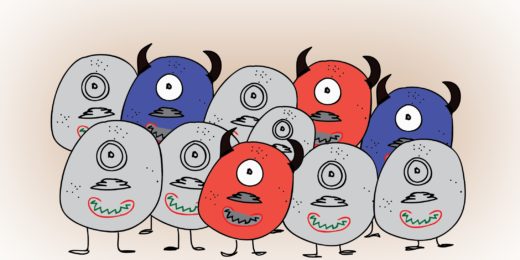A new technique gives doctors an early view of which pediatric leukemia patients will relapse, and may point the way toward better cancer drugs.
Month: March 2018
CRISPR helps scientists track down potential therapeutic targets for ALS
Scientists have used genome editing to pinpoint genes that reveal information about ALS and may even protect against the degeneration of neurons.
Author Mary Roach on the icky, grotesque and taboo
In this podcast, bestselling author Mary Roach discusses "Grunt: The Curious Science of Humans at War" and her other books.
Teaching patients in pain self hypnosis could help curb the opioid crisis, Stanford researcher says
In this video, Stanford psychologist David Spiegel discusses how hypnosis reduces pain and could help curb the opioid crisis.
Social media gives early clues to adverse drug reactions in cancer, Stanford researchers find
A group of researchers identified adverse and previously unknown drug reactions by sifting through millions of social health forum posts.
Risk for premature deliveries doubles in soldiers just home from deployment
Active-duty servicewomen face an increased risk of having a premature baby if they give birth soon after returning from deployment.
Celiac disease may have an “off” switch, new study suggests
Researchers have found a way to turn off a key driver of inflammation in celiac disease, an autoimmune disease that affects millions of Americans.
Coordinately altered protein/receptor combo could eliminate side effects of promising anti-cancer therapy
A promising anti-cancer therapy works great at first, but then loses its punch. A clever workaround may provide high-octane efficacy, without side effects.









